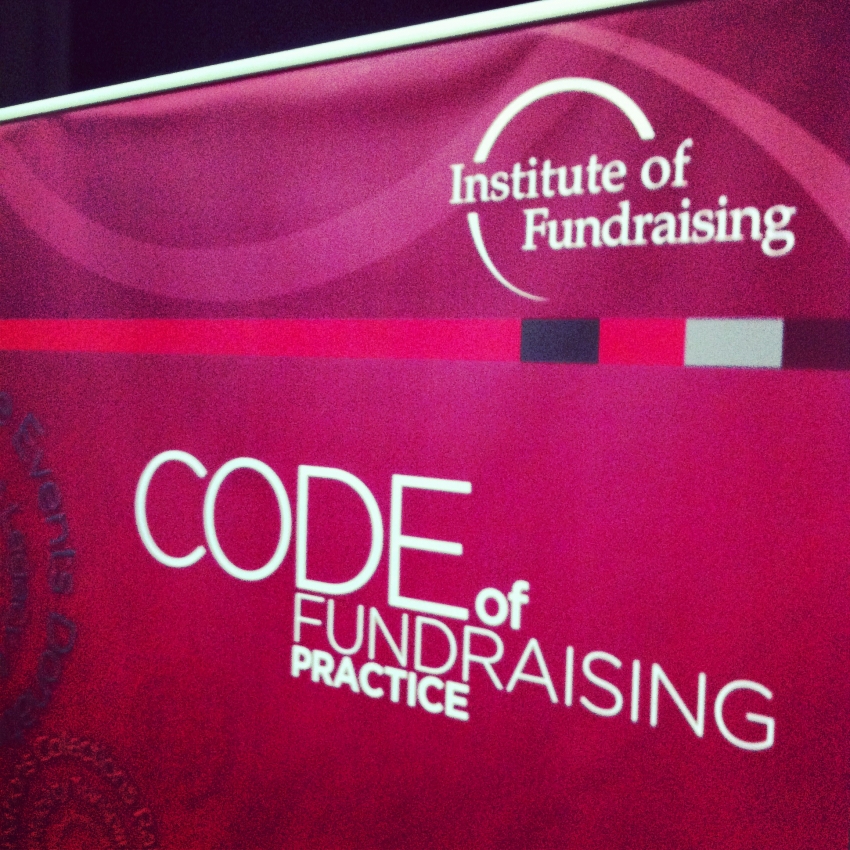5 things we learned at the Future of Fundraising Regulation Series
Over the last few months, our ‘Future of Fundraising Regulation’ series of events have been taking our members through recent developments, as well as what we can expect to happen next as a new regulatory landscape takes shape.
These events have offered an opportunity for over 200 fundraisers and trustees to come together and share their insights, learning and observations from the last 12 months.
Here are five things we have learnt so far:
1. It’s been a busy year (although we already knew that!)
One thing is clear – it’s been a busy year, and not just in terms of the changes to how fundraising is regulated. Charities have been taking the lead in improving practice by looking at how they operate, asking challenging questions and making tough decisions; from reviewing how they communicate with their supporters and enhancing monitoring programmes to strengthening relationships with third parties and introducing new pledges, policies and charters. This message has come across in the latest Managing in the New Normal, our joint annual research with CFG and PwC which is due for release in the next few weeks – watch this space.
2. Fundraising is everybody’s business
It has never been more evident that trustees need to have a greater understanding and oversight of their charities’ fundraising activities. We heard from delegates that many are already seeing a renewed interest from trustees in how their charities go about raising funds, resulting in the appointment of fundraising ‘board champions’ and the establishment of fundraising sub-committees. The more of this we can see the better – getting trustees more on board and engaged with fundraising activity will undoubtedly essential to ensuring that an organisation’s fundraising is in keeping with its purpose, values and culture.
Advertisement
3. The Fundraising Regulator is listening
The new Fundraising Regulator is listening – it was great to have Stephen Dunmore, its Chief Executive, speaking at both the London and Cardiff events. He’ll also be heading up to Manchester for our next event in the series on 6th June. Fundraisers were especially pleased that the Regulator emphasised its commitment to undertaking a consultative process with the sector and to carefully consider any potential unintended consequences when implementing changes.

Speakers at Future of Fundraising Regulation event
4. ‘Donors’ are not a homogenous group
We’ve heard (and talked) a lot recently about the importance of taking the needs and preferences of donors into account; in fact, one of our panel discussions at the event series tried to answer the big question: ‘what do donors really want?’ And while this is something we should all be constantly asking, the main message from these sessions has been that ‘donors’ are not a homogenous group – they are people, and are bound to have different needs, preferences and expectations. So, instead of making assumptions about ‘what donors really want’, we should (as much as is feasibly possible) treat them as individuals by responding to what they tell us about how they want to be communicated with.
5. Fundraising isn’t a problem – it is the solution
It is undeniable that we saw clear examples of bad practice last summer. But the important next steps will be to move forward with resilience and optimism. While bad fundraising is never acceptable and damages the whole sector, we must not lose sight of the fact that fundraising – done well – can be a huge opportunity, connecting millions of people to the causes they care about. With that in mind, we need to embrace the need to improve without forgetting about what is already good practice.
There are still lots of questions to be answered – we’ll be heading up to a sell-out event in Manchester on 6th June, and we’ll also be joined by the Fundraising Regulator at Fundraising Convention 2016 to explore more on the future of fundraising regulation.
Stephanie Siddall is Policy Officer at Institute of Fundraising




